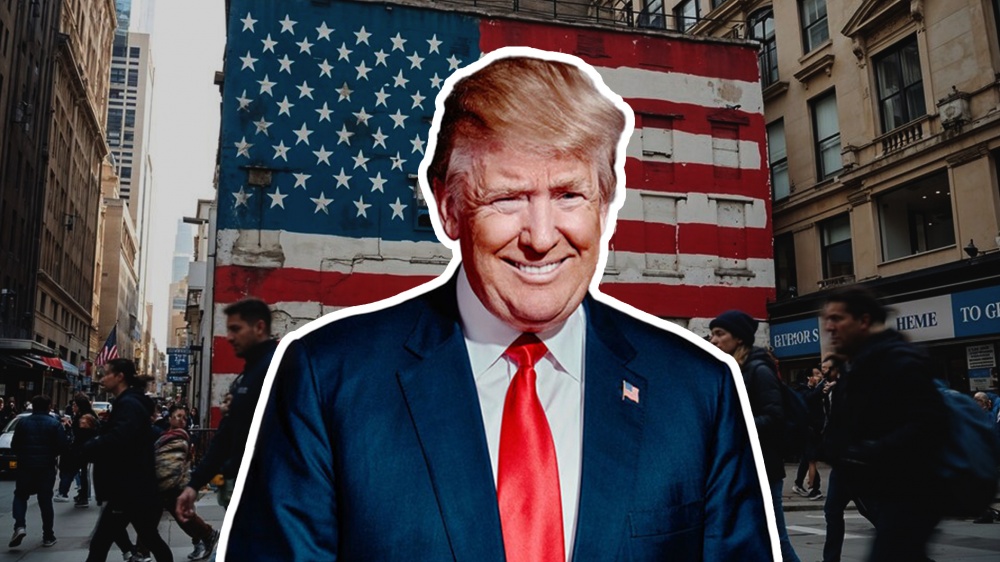Trump plans to withdraw USD 9 billion in global aid

WASHINGTON — President Donald Trump has formally requested that the US Congress rescind more than USD 9 billion in already-approved funding, including global health aid, contributions to the World Health Organization (WHO), and subsidies for public broadcasters such as NPR and PBS, on Tuesday (3/6).
The request was sent to Congress by White House Budget Director Russell Vought, a chief architect of Trump’s fiscal policy.
The proposal includes a USD 8.3 billion cut in foreign aid and more than USD 1 billion for the Corporation for Public Broadcasting (CPB), which funds NPR and PBS.
“When the deficit hits USD 2 trillion, you have to cut things you’d rather not cut,” said House Appropriations Committee Chair Tom Cole, describing the move as a consequence of intensifying budgetary pressures.
Vought argued that several targeted programmes — including WHO funding, LGBTQI+ initiatives, “social justice” programmes, and support for public media — are “contrary to America’s national interests.”
In his letter to Trump, Vought stated that the CPB “supports a politically biased public media system and is an unnecessary burden on taxpayers.”
The proposal also aims to slash funding for USAID’s HIV/AIDS programmes, anti-hunger initiatives, and international peacekeeping operations.
Previously, the Trump administration, along with the Department of Government Efficiency (DOGE) — once led by Elon Musk — had withheld much of this funding. However, as Congress never formally endorsed the move through legislation, a formal request has now been submitted to make it law.
The proposal has drawn sharp criticism from Democrats. Senator Patty Murray, a senior member of the Senate Appropriations Committee, called it “political revenge against programmes people rely on.”
She added, “After teaming up with Elon Musk to hack apart critical budgets, Trump now wants Congress to legalise it. We won’t let that happen.”
The proposal is likely to move swiftly, given that both the House and Senate are currently controlled by the Republican Party. The package also bypasses the 60-vote threshold usually required to overcome a Democratic filibuster in the Senate.
The conservative House Freedom Caucus welcomed the move, calling it “a vital demonstration of Congress’s commitment to the DOGE and Trump agenda.”
However, public sentiment appears less supportive. A Pew Research Center poll in March found that 43% of Americans opposed defunding NPR and PBS, while only 24% supported it.
A Washington Post/ABC News/Ipsos poll in April revealed that 62% of Americans opposed cutting food and health aid to poor countries.
Although foreign aid accounts for less than 1% of total US federal spending (USD 59 billion out of USD 6.7 trillion in the 2024 fiscal year), it remains a politically sensitive topic.
According to the 2024 General Social Survey, 60% of Americans believe the government spends too much on foreign aid. (EF/ZH)